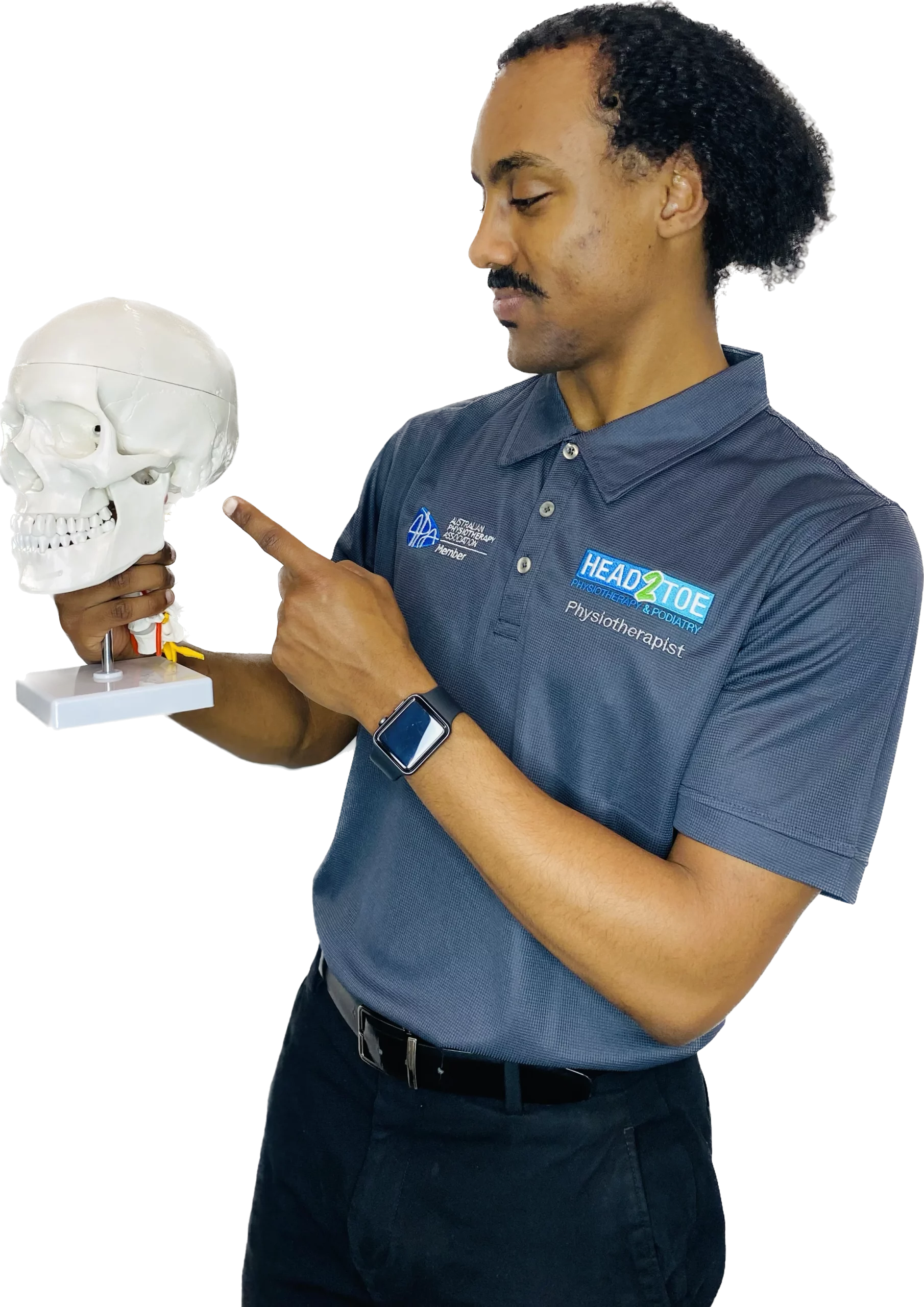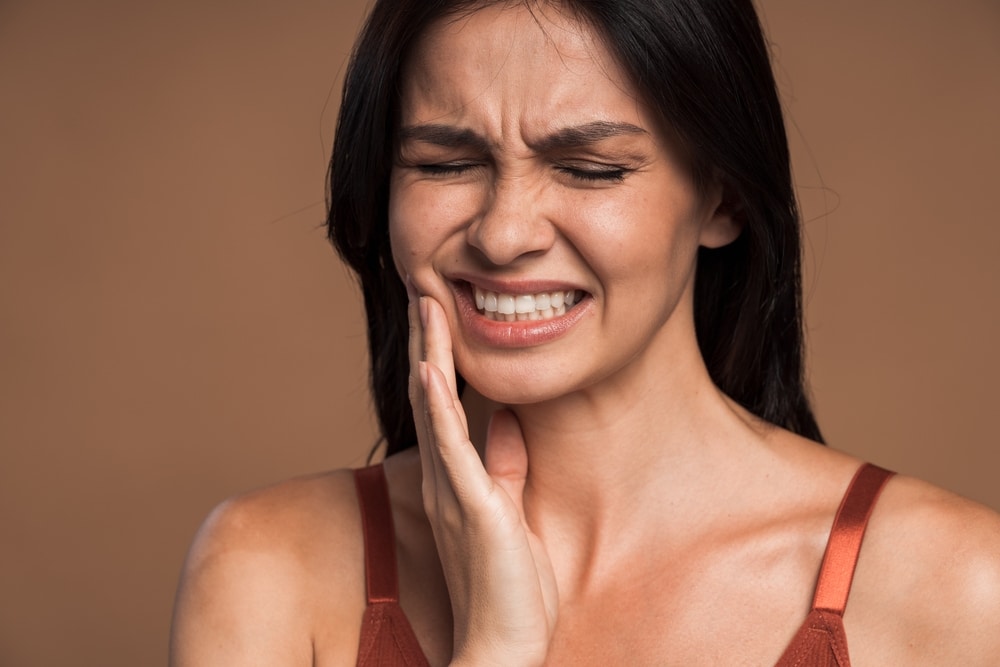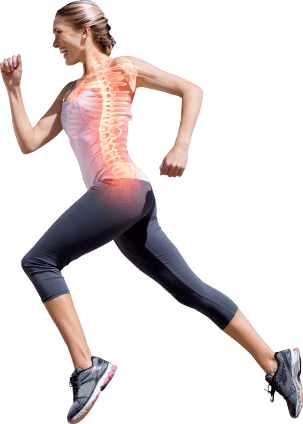
Living with jaw pain can be a daily struggle, impacting every aspect of your life from eating to communicating, and even sleeping. If you're battling this issue, understanding its symptoms, causes, and potential treatments can be a significant first step toward relief.
Symptoms
Jaw pain can manifest in several ways. Here are some common symptoms:
- Pain in or around the jaw, which can be sharp, dull, or throbbing.
- Difficulty opening and closing the mouth.
- Clicking or popping sounds when moving the jaw.
- Swelling on the face.
- Headaches, earaches, or pain when chewing.
- Changes in the alignment of the upper and lower teeth.
If you experience any of these symptoms, it's essential to seek medical attention promptly.

Causes
Jaw pain can result from various factors:
- Temporomandibular Joint Disorder (TMJD): This disorder affects the joints connecting your jawbone to your skull. It can be caused by injury, arthritis, grinding or clenching of teeth, or a misalignment of the teeth or jaw.
- Teeth Grinding or Clenching (Bruxism): This usually occurs during sleep or periods of stress and can lead to jaw pain.
- Infections: Infections in the teeth or gums can spread to the jaw, causing pain.
- Sinus Problems: Because the sinus cavities sit close to the jaw, sinus issues can sometimes cause jaw pain.
- Arthritis: This inflammatory condition can affect the jaw joints, leading to pain.
- Injury: Trauma to the jaw or face can result in pain.
Treatments
There are several treatment options for TMJD, many of which involve physiotherapy:
- Manual Therapy: Physiotherapists can use manual therapy techniques to alleviate tension and improve function in your jaw.
- Exercise Prescription: Specific exercises can improve jaw mobility and alleviate discomfort.
- Lifestyle Modifications: Stress management techniques, improving sleep quality, and dietary changes can all help reduce jaw pain.
- Medication: In some cases, medication can be used to manage pain and inflammation.
- Dental Procedures: If your jaw pain is due to dental issues, dental treatments may be necessary.
When should I be worried about jaw pain?
While occasional mild TMJD can be due to temporary stress or tension, you should be concerned if the pain is persistent, severe, or associated with other symptoms such as difficulty opening your mouth, changes in your bite, or swelling of the face. TMJD can also be a sign of a heart attack, especially if it's accompanied by chest pain, shortness of breath, or pain in the arm. Seek immediate medical attention if you experience these symptoms.
Why is my jaw suddenly aching?
Sudden TMJD can be due to an injury, an infection, or the onset of a condition like TMJD. It could also be due to an episode of teeth grinding or clenching, often related to stress or anxiety. If you're experiencing sudden TMJD , it's important to see a healthcare professional to determine the cause and begin appropriate treatment.
What does pain on one side of the jaw mean?
Jaw pain on one side can be due to TMJD, teeth grinding, an abscessed tooth, or even sinus issues. It's crucial to have this checked by a healthcare professional, as the cause and treatment can vary based on the underlying issue.
Understanding TMJD and its treatments is the first step towards relief. It's always important to seek professional help








